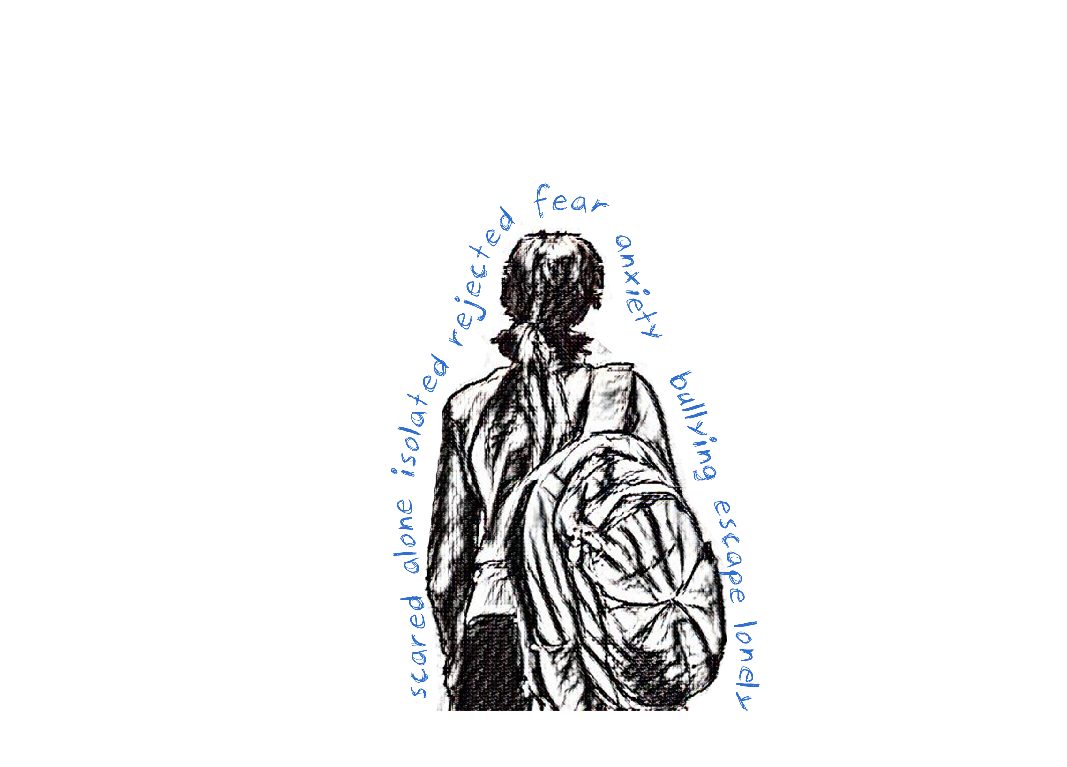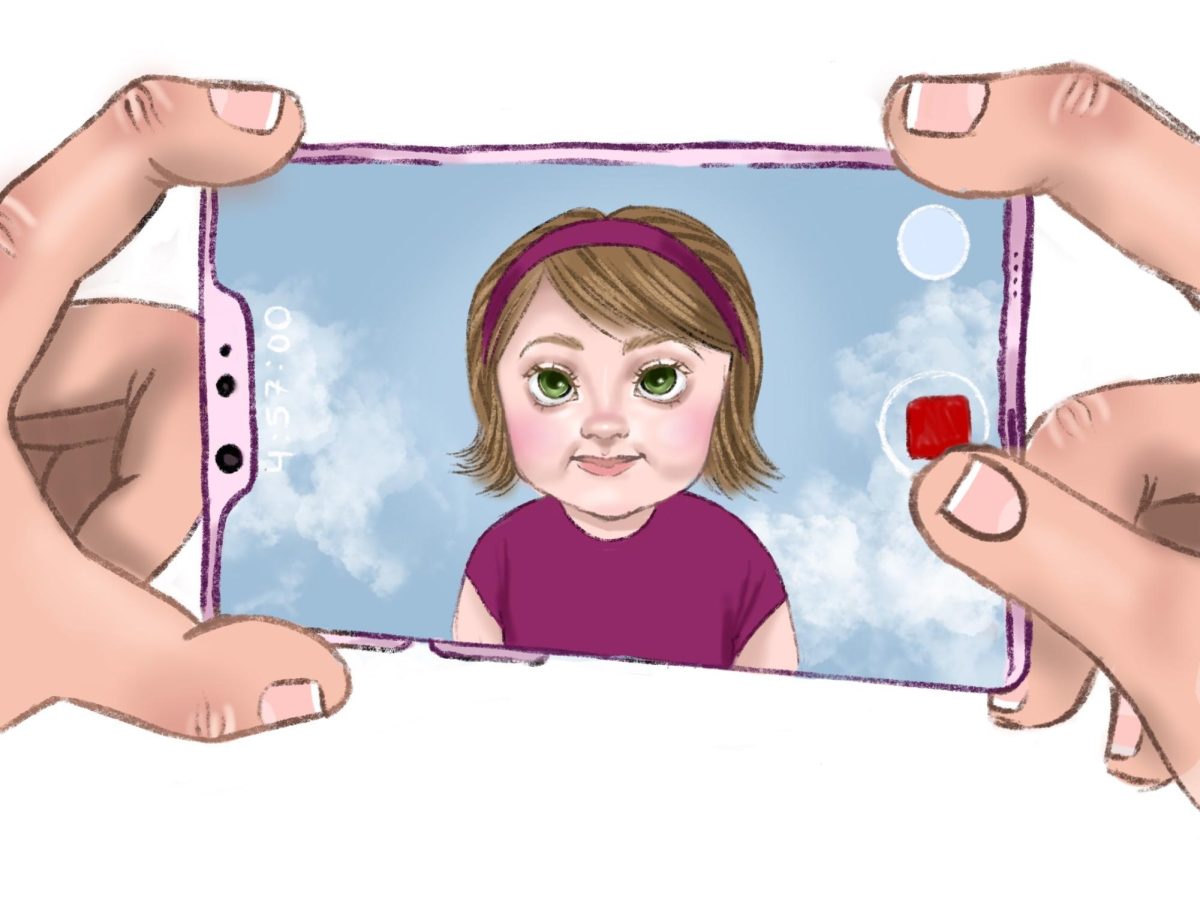I usually assume that they think I am a rich snobby brat or just ridiculously smart.
Every school year, South welcomes a new freshman class into its community with students from all different backgrounds, all different personalities, and all different interests. But why do some of us walk into this building joining this new community feeling only one thing?
Alone.
Almost 50 percent of students at South view private school kids as socially different, according to an unscientific survey conducted by The Oracle.
South was the first public school I ever attended — the first anyone in my family ever attended, and making the transition from private school to public school was one of the biggest challenges in my life.
High school is supposed to be about starting over and finding your people, but for private school kids like me, it was a struggle to feel any belonging. It felt as though everyone knew everybody else and everyone had their friend groups already solidified.
Inclusivity may seem hard, but it’s really not. All it takes is one welcoming gesture to make a person’s day.
Before South, I had never eaten in a cafeteria, never had to walk more than one hallway to change classes, never had new people in every single class every year, never had to pick out clothes every morning to wear to school, and never had to my class level for every year.
The biggest challenge was the stereotypes. I know I was stereotyped. I’ve heard other private school kids gets stereotyped, but I don’t always know exactly what people think of me when they first find WE out I attended Our Lady of Perpetual Help school (OLPH). I can recall multiple kids asking me where I went to middle school.
When I told them I came from OLPH, they immediately walked away leaving me with my thoughts, asking myself what I did wrong.
It’s hard to start a completely new experience knowing only 15 kids and having to deal with being looked at differently. Only about a quarter of students attended a private school before attending South, according to a non-scientific survey conducted by The Oracle.
Picture in your head your Blue Block 1 class, then imagine having almost every class with them for six years straight.
That’s what it was like to attend my private school. I met more new people during those first three blocks of freshman year than I had gone to school with for nine years.
I recognize this issue might be due to the past reputation of kids who have attended the same school as me, but others’ actions and personalities shouldn’t define me and others like me. People who attend both South and other public high schools coming from a private school may feel the need to cover up a past at private school.
People tend to make me feel ashamed that I attended private school by asking questions such as “But aren’t all the kids bullies?” or “How could you possibly enjoy going to school with a bunch of arrogant kids?”
Not only do these questions make me feel ashamed, they also make me feel like an outsider, like I don’t belong. In fact the most asked question I get is “Why didn’t you go to Loyola Academy?” Social exclusion can affect students’ anxiety and even learning abilities according to Betterhelp, a professional online therapy company, can also lead to depression.
It’s easier to walk the other way, make assumptions, and never think about another’s situation than removing yourself from your comfort zone to help another student feel belonging in your school.
But, you have to remember:
We all walk through the same doors. We all sit at the same desks. We all learn the same subjects. We all eat in the same cafeteria.
We all go to the same school.








